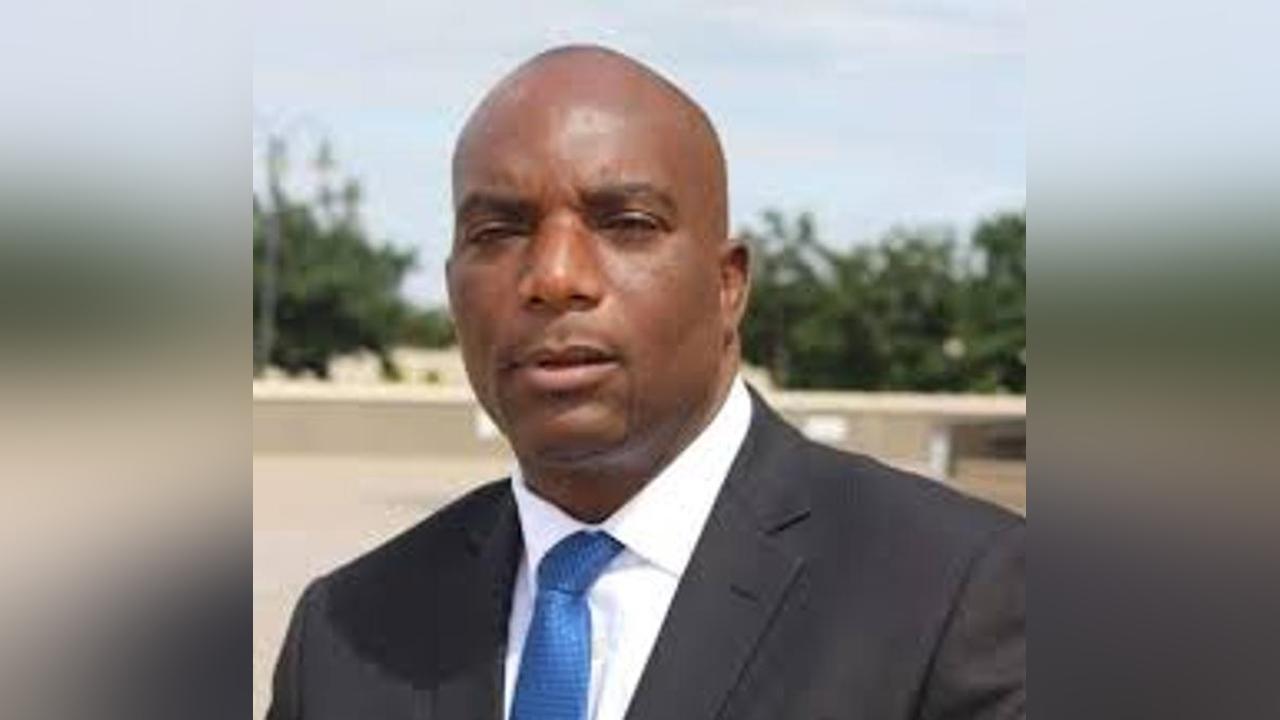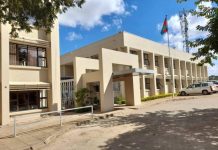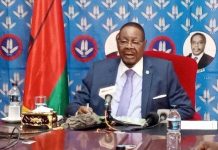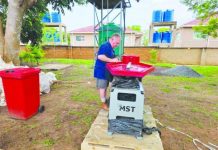Africa-Press – Malawi. The Anti-Corruption Bureau (ACB) has confirmed that Democratic Progressive Party (DPP) Southern Region Governor Charles Mchacha visited their offices in Blantyre this week.
Speculation had circulated that Mchacha’s visit to the ACB offices caused some commotion.
ACB spokesperson Jacqueline Ngongonda clarified the circumstances in a response to a questionnaire.
She stated that Mchacha has criminal cases currently before the courts that are being prosecuted by the ACB.
Ngongonda explained that he is on court bail and that one of the conditions of his bail is that he must report in person at the ACB offices.
She emphasized that this reporting condition applies personally to Mchacha as the accused and cannot be delegated to another individual.
On the day in question, Mchacha initially attempted to have another person report on his behalf.
This attempt was not accepted by the bureau, in line with its understanding of the bail conditions set by the court.
After the other person was informed that the accused himself was required to report in person, Mchacha later arrived at the bureau himself.
Ngongonda confirmed that he was attended to as required by standard procedures.
She further noted that for other claims circulating on social media, the bureau is not able to comment, as the matter is still before the courts.
Ngongonda stressed that the bureau strictly follows procedures on bail reporting and does not allow any deviations from those procedures.
The clarification comes amid growing public interest in Mchacha’s legal matters and online speculation about his compliance with court conditions.
Charles Mchacha has been at the center of multiple high-profile corruption investigations, which include allegations of abuse of office and mismanagement of party and public resources during his tenure as Southern Region Governor.
These cases have attracted significant media attention, fueling debates about accountability and transparency within the DPP, especially in a region that has historically been a stronghold for the party.
Political analysts note that Mchacha’s legal challenges could have repercussions for the DPP in the south, particularly as the party seeks to consolidate grassroots support ahead of future local and national elections.
While Mchacha remains a key figure in mobilizing party structures, ongoing court proceedings may weaken his political influence and could be used by opposition parties to question the DPP’s integrity and governance record in the region.
Some observers argue that the DPP’s handling of the situation, including public messaging and support for Mchacha, will be critical in shaping voter perceptions.
If the party is seen to tolerate misconduct or fail to enforce accountability, it risks losing credibility among its southern base, which could impact electoral outcomes.
Conversely, the ACB’s transparent enforcement of bail conditions, as seen in Mchacha’s in-person reporting, may signal to the public that legal institutions are functioning independently of political pressure.
For the DPP, balancing support for party leaders while maintaining a commitment to anti-corruption standards remains a delicate task, particularly in a politically competitive region like the south.
Ultimately, Mchacha’s ongoing legal cases are not just personal challenges; they are emblematic of broader political dynamics within the DPP and Malawi’s fight against corruption.
How the party navigates these dynamics in the coming months could determine its credibility and electoral fortunes in one of the country’s most politically significant regions.
Legal observers expect that Mchacha will continue to report to the ACB as mandated by his bail conditions, with further court hearings likely scheduled over the next few months.
The pace and outcomes of these proceedings will be closely monitored, as any delays or controversial developments could intensify public scrutiny and affect the DPP’s image in the south.
Politically, the DPP may need to reassess its leadership strategy in the region, balancing support for Mchacha with efforts to reassure voters about the party’s commitment to integrity and good governance.
The opposition may capitalize on any perceived weaknesses, using Mchacha’s cases to challenge the DPP’s credibility ahead of local elections and other political contests.
For Mchacha, compliance with legal requirements and maintaining visibility in party structures will be crucial to preserving his influence, while the DPP must manage internal and external perceptions to safeguard its southern stronghold.
The coming months will therefore be pivotal in determining whether the DPP can navigate legal and political challenges effectively or risk erosion of support in a key region of Malawi.
For More News And Analysis About Malawi Follow Africa-Press






